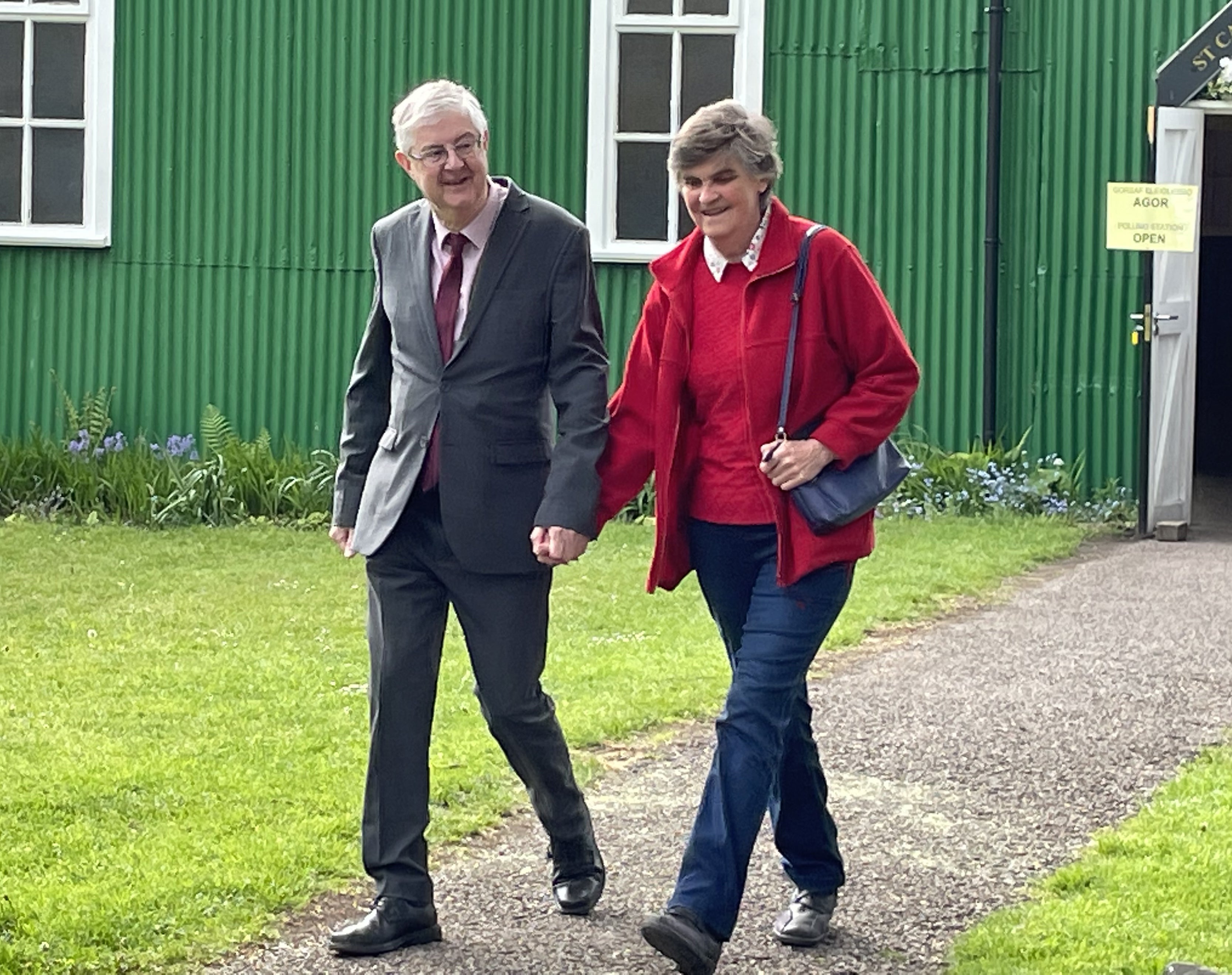Tories lose control of only majority council in Wales
Labour now have the most seats in the former Tory stronghold of Monmouthshire.

Your support helps us to tell the story
From reproductive rights to climate change to Big Tech, The Independent is on the ground when the story is developing. Whether it's investigating the financials of Elon Musk's pro-Trump PAC or producing our latest documentary, 'The A Word', which shines a light on the American women fighting for reproductive rights, we know how important it is to parse out the facts from the messaging.
At such a critical moment in US history, we need reporters on the ground. Your donation allows us to keep sending journalists to speak to both sides of the story.
The Independent is trusted by Americans across the entire political spectrum. And unlike many other quality news outlets, we choose not to lock Americans out of our reporting and analysis with paywalls. We believe quality journalism should be available to everyone, paid for by those who can afford it.
Your support makes all the difference.The Conservatives have lost control of the only council they had majority control of in Wales.
Monmouthshire, in south-east Wales, has been led by the party since 2017 but Labour now has the most seats.
Although no party has taken overall control of the local authority, Labour gained 14 seats to have a total of 22.
Labour had two fewer than were needed for a majority, and lost out on gaining full control of the council in a coin toss.
The Tories lost six seats to have an overall of 18, once counting had finished.
Several Senedd members and Conservative MP David Davies had visited the area in the days leading up to the election on May 5, but it was not enough to instil confidence in the electorate.
Leader of the area’s Conservative group, Richard John, who has been vocal in his criticism of Prime Minister Boris Johnson over the partygate scandal, retained his seat.
However Mr John told ITV Wales people had “sent a message that the party needs to consider”.
There were also significant losses for the Tories in Denbighshire, where there were 48 seats available.
Labour became the largest party in the authority with 19 seats, picking up three more than they had in 2017. Conservatives, who had been the largest party, dropped to fourth place after only winning six seats.
Another battleground is Vale of Glamorgan, which some had predicted could turn majority blue from no overall control. Votes are still being counted but the predictions are now less positive.
All four sitting Conservative councillors in Torfaen have also been ousted.
Meanwhile, Labour wrestled back control of Blaenau Gwent and Bridgend, two councils they lost control of five years ago.
And they have managed to hold on to a majority in Torfaen, Rhondda Cynon Taf, Newport, Swansea, Caerphilly and Cardiff.
In the capital city Labour notched up 16 gains to increase their overall majority to 31. Labour now has 55 seats, the Conservatives 11, the Liberal Democrats 10, Plaid Cymru two and Propel one.
Mark Drakeford said: “It’s been a very good day for Labour. We’ve been making gains in all parts of Wales, particularly where we’ve been up against the Tories.
“And it just plays out what I was hearing time after time on the doorstep.
“There were two really strong themes.
“One was a personal conduct of the Prime Minister, a gap between what he asked everybody else to do and the way that he himself ran his operation in Downing Street.
“But probably even more than that was the cost of living crisis. And that strong feeling that a Cabinet of millionaires, who is what they are in Westminster, simply could not be in touch with what it is like to go week by week wondering whether you will be able to find the money you need to feed your family, or to pay for something as basic as heating and lighting.”
The First Minister added: “If you put last year’s results in the Senedd election together with the results today, I think it shows a really strong platform has now been created in Wales for Labour to take back those seats that we lost in 2019.”
Of the UK Conservatives he said: “They represent a shrinking share of the whole of the United Kingdom.
“They’ve done very badly in Scotland, they’ve done very badly in Wales, they won’t be winning seats in Northern Ireland.
“They have lost absolutely flagship councils in London.
“If they were sensible they’d be asking themselves what can we do to demonstrate that we are a government for the whole of the United Kingdom.
“And that would mean acting very differently to the way they have acted over the last couple of years.”
Caerphilly council leader, Labour’s Philippa Marsden, lost her seat by a large margin.
Three other council leaders have lost their seats, independents Merthyr Tydfil leader Kevin O’Neill and Blaenau Gwent leader Nigel Daniels, and Carmarthenshire Council’s Plaid Cymru leader Emlyn Dole.
Plaid Cymru, Wales’ nationalist party, retained control over Gwynedd, but added Ynys Mon, Ceredigion and Carmarthenshire to its portfolio.
The Lib Dems became the largest party in Powys and made significant gains in several councils across the country.
Green councillors were elected for the first time in a number of authorities, including in Swansea where Chris Evans won the Mayals ward.
All 22 councils in Wales were up for election this year.
Boundary changes meant there were 1,160 seats up for grabs.